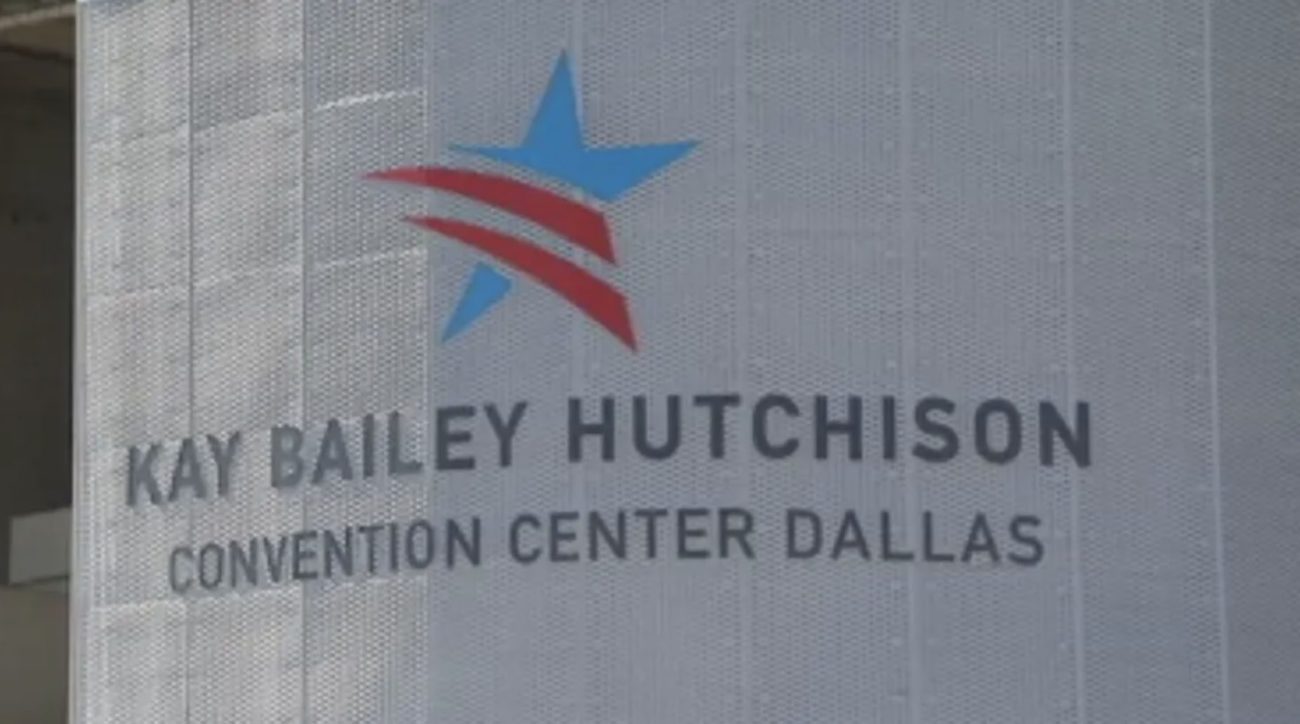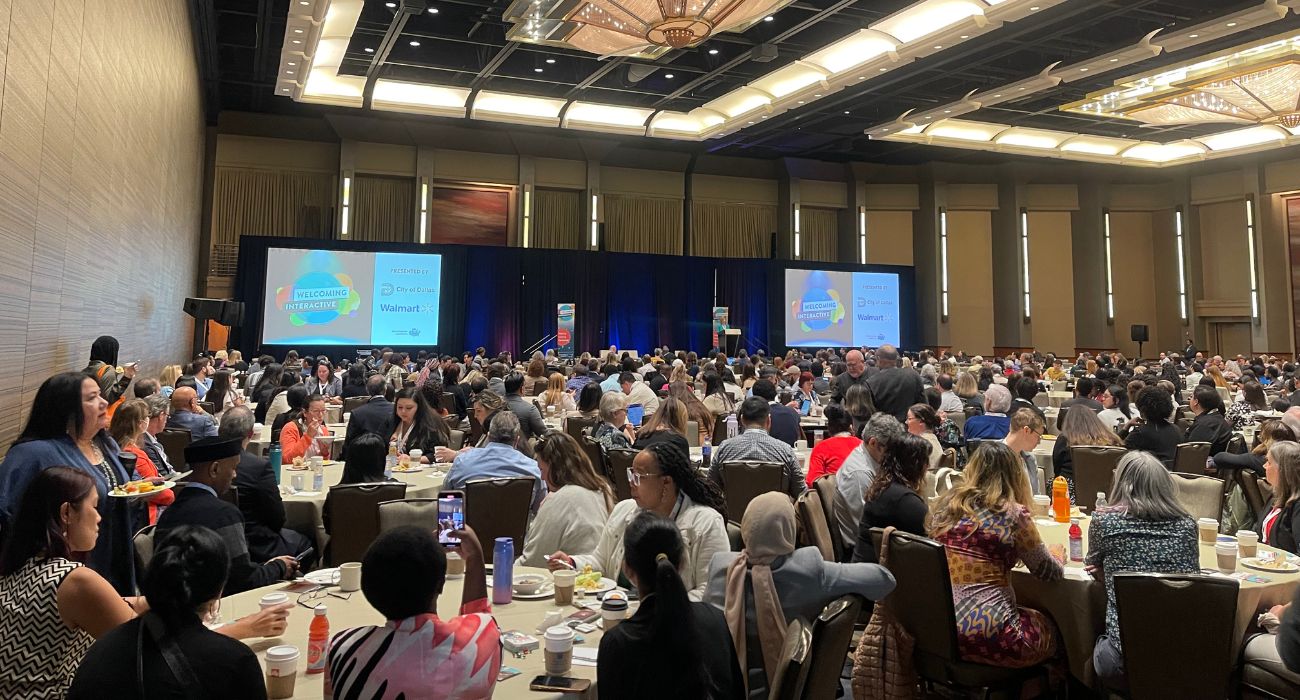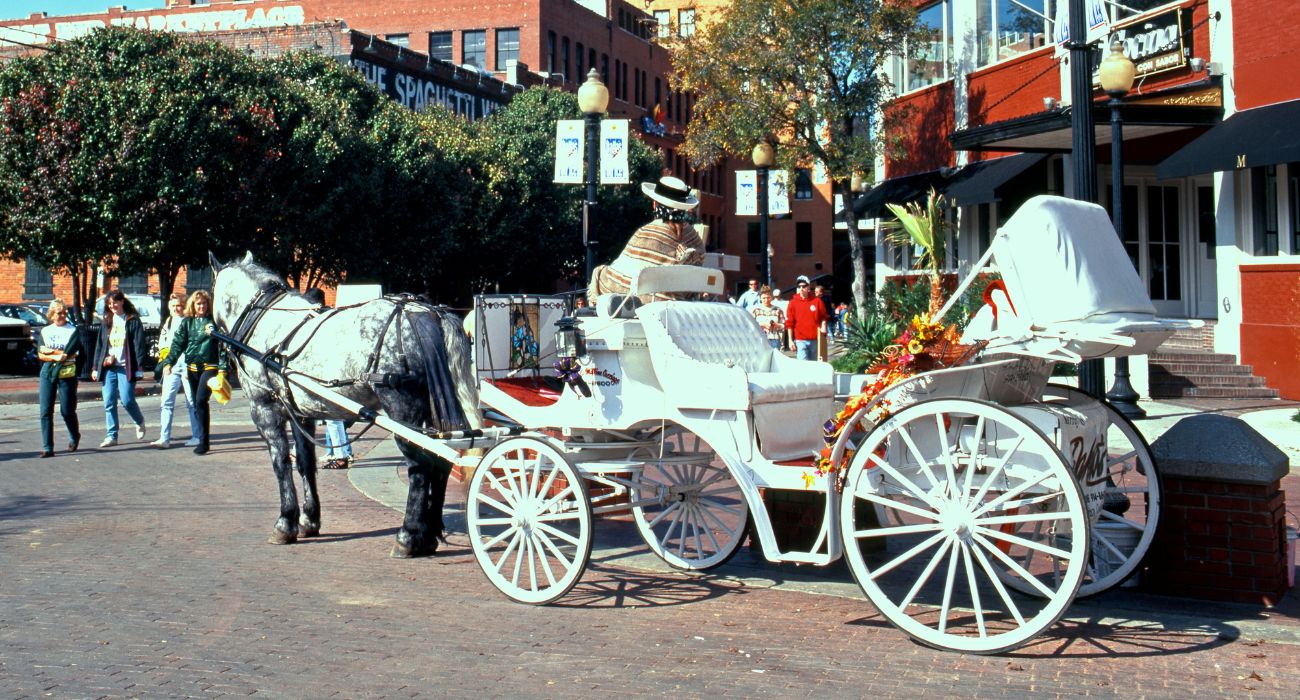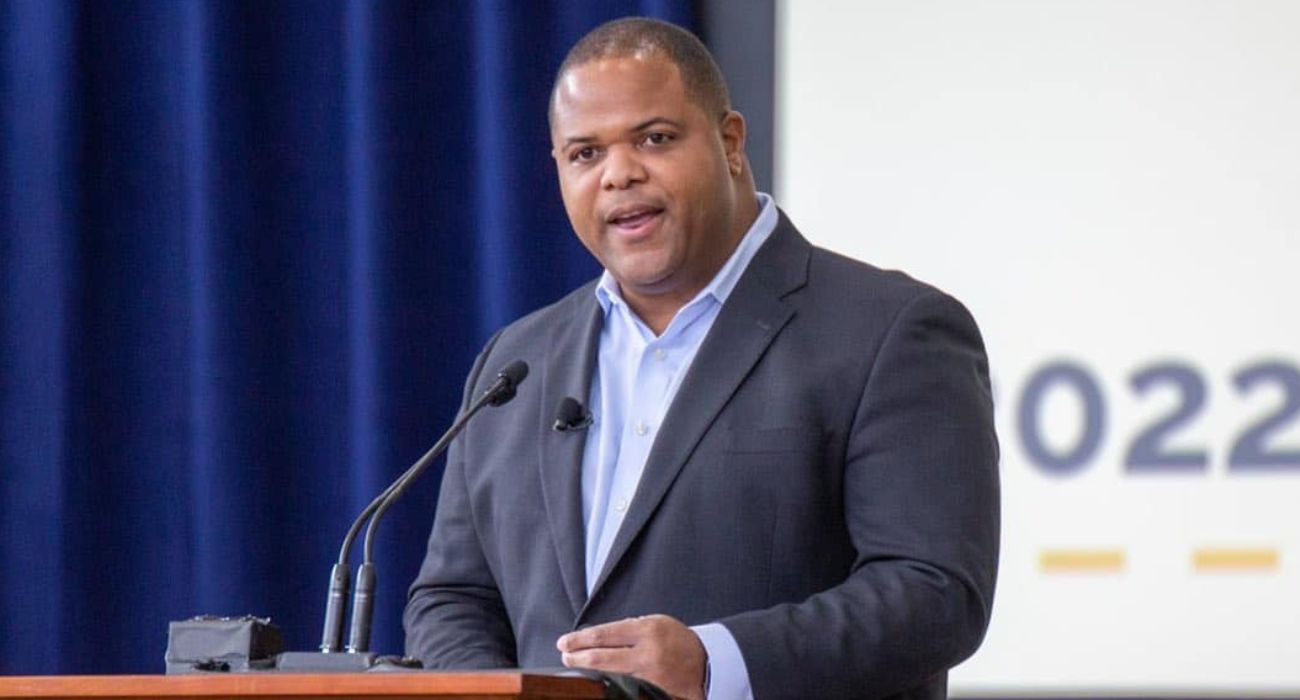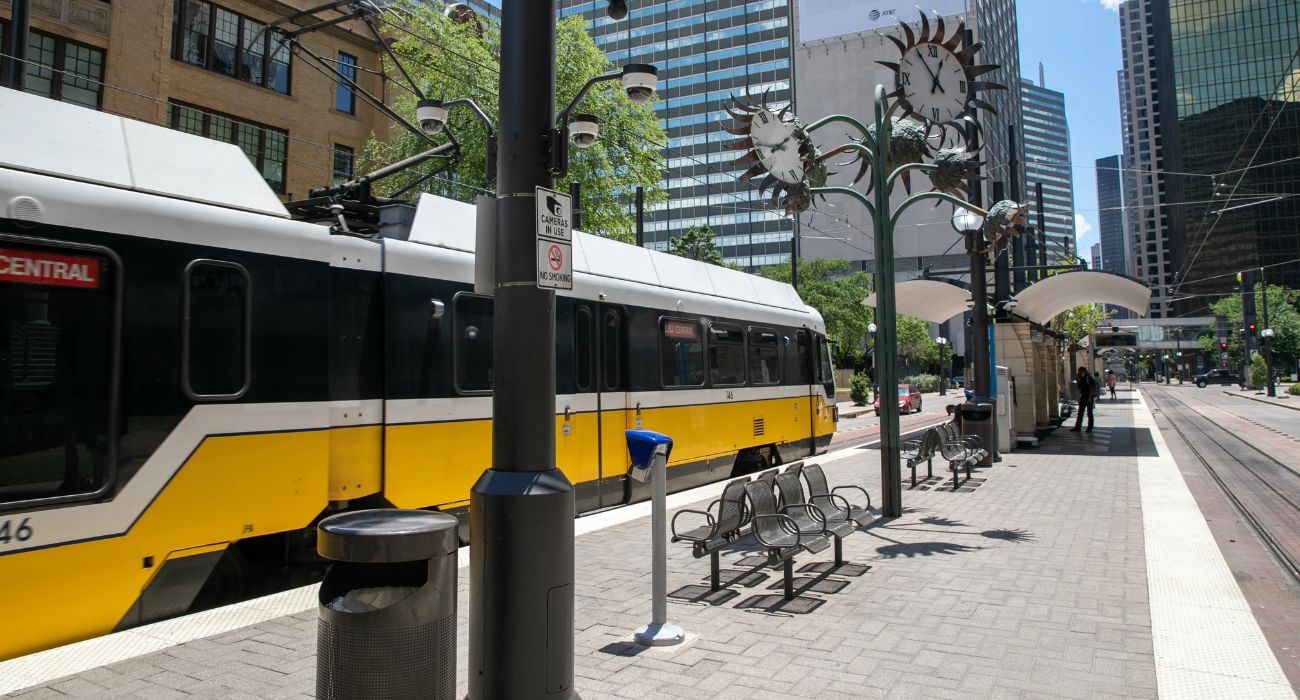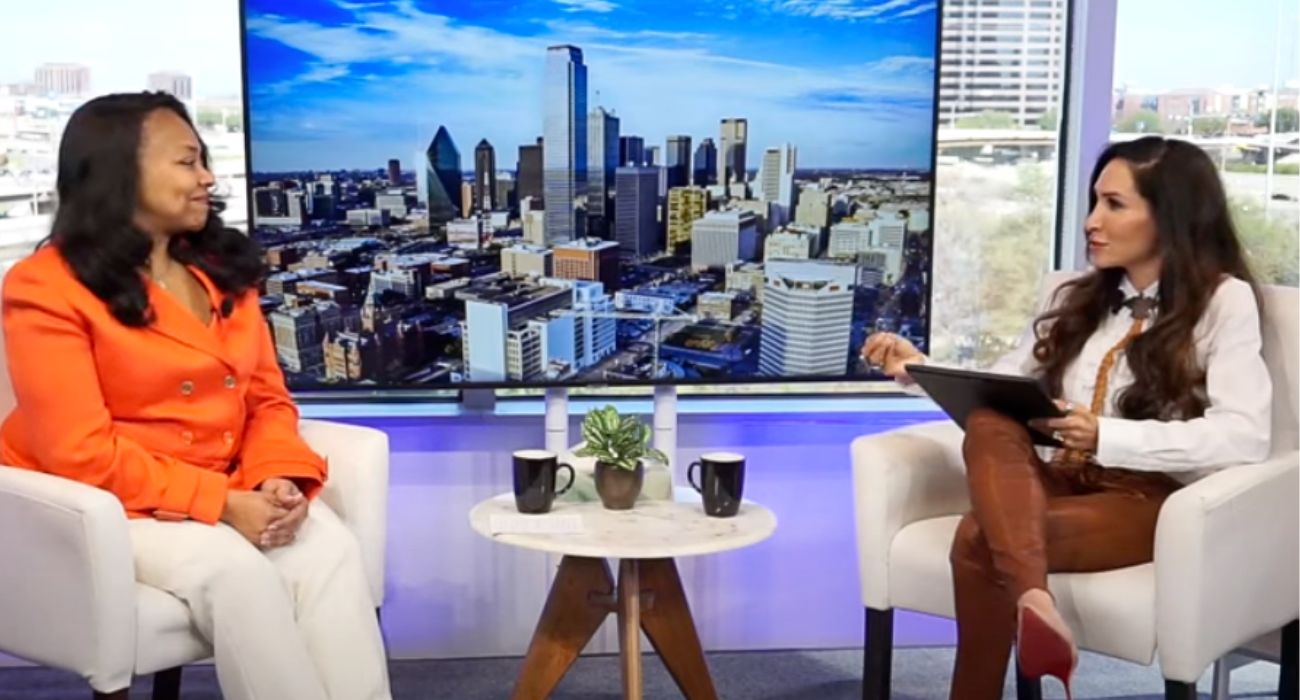Dallas citizens will have the option to vote this fall for a 2% increase to the city’s hotel occupancy tax (HOT) to partially finance a new convention center and make improvements to Fair Park.
Advocates of “Proposition A” urged residents to vote in favor of the increase on November 8, calling it a “once-in-a-generation opportunity” to make Dallas competitive by overhauling the town’s convention, hospitality, and entertainment industries.
In a media roundtable The Dallas Express attended, proponents claimed that if passed, the plan would generate “up to 100,000 new jobs, both in construction and permanent,” in addition to “$50 billion in total revenue.”
In total, Dallas’ current HOT rate is 13%, which is comprised of a 7% local tax and a 6% state tax. The 2% increase included in Proposition A would raise this to a 15% base rate.
The city council voted last month to put the measure on the ballot, using the funding mechanism established by the Texas legislature in the “Brimer Bill,” which funded the American Airlines Center over 20 years ago.
While the Brimer Bill allows the increased tax funds to go to projects such as the convention center, it specifically precluded municipal parks, effectively leaving places like Fair Park out.
To resolve this, the 2021 Legislature passed a law specifically to make an exception for Fair Park. Spearheaded by State Rep. Rafael Anchía and State Sen. Royce West, the law permits Dallas to use the 2% tax increase to allocate 80% of the funds collected to the convention center and 20% to Fair Park.
The Transforming Dallas Committee, which hosted the roundtable, claims Proposition A would collect roughly $1.5 billion over the next 30 years. If true, this would send $1.2 billion to the new convention center and $300 million to Fair Park.
Supporters contend that the tax increase is necessary because the Kay Baily Hutchinson Convention Center and the buildings at Fair Park have fallen into disrepair and are not equipped to compete with other cities. Craig Davis, the president of VisitDallas, told The Dallas Express that the “convention center is not worthy of Dallas.”
He noted that during the last 15 years, over 1,000 different events refused to use the center due to “the inadequacies of the convention center facilities and lack of nearby amenities.” Although the center is “one of the largest convention centers in the nation,” the incremental construction of the facilities has led to a disjointed experience for guests, according to Davis.
Brian Luallen, the CEO of Fair Park First, explained that if the proposition is passed, it would allow several historic buildings to receive long overdue restoration work and infrastructure improvements, including the Cotton Bowl, the Music Hall, the Band Shell, and the Coliseum.
Luallen explained, “This isn’t just an investment for Fair Park or the convention center. It’s much broader than that. This is a critical infrastructure investment in our tourism and hospitality economies.”
“This really is a unique opportunity,” Luallen noted. “There is nothing as powerful, catalytic, or urgent because this is a limited-time offer, folks … the bracketing expires at the end of next year.”
Both Luallen and Anchía emphasized that this proposition would not only raise funds for the projects but also ensure that the money goes to the right places.
“This is going to be a dedicated revenue stream,” Anchía clarified. “This is in black and white. It is in the law.”
Ken Benson, the public affairs consultant for the Hotel Association of North Texas, suggested that the elevated taxes would ultimately double the funds collected by the hotel occupancy tax.
“We expect, hotel-side, that we’re going to have twice as many people coming to meetings in Dallas when the convention center is finished,” pointing to the success that Nashville saw with a similar project.
Some have voiced concerns about hotel occupancy taxes in the past, however, noting that it can depress traveler spending at local businesses and dissuade people from staying in the cities with high rates.
The advocacy group Texans for Fiscal Responsibility notes that cities such as Irving have wasted millions of funds collected through hotel occupancy taxes due to a lack of oversight.
The Dallas Express reached out to hotel industry leaders for comment but did not receive a response by press time.

